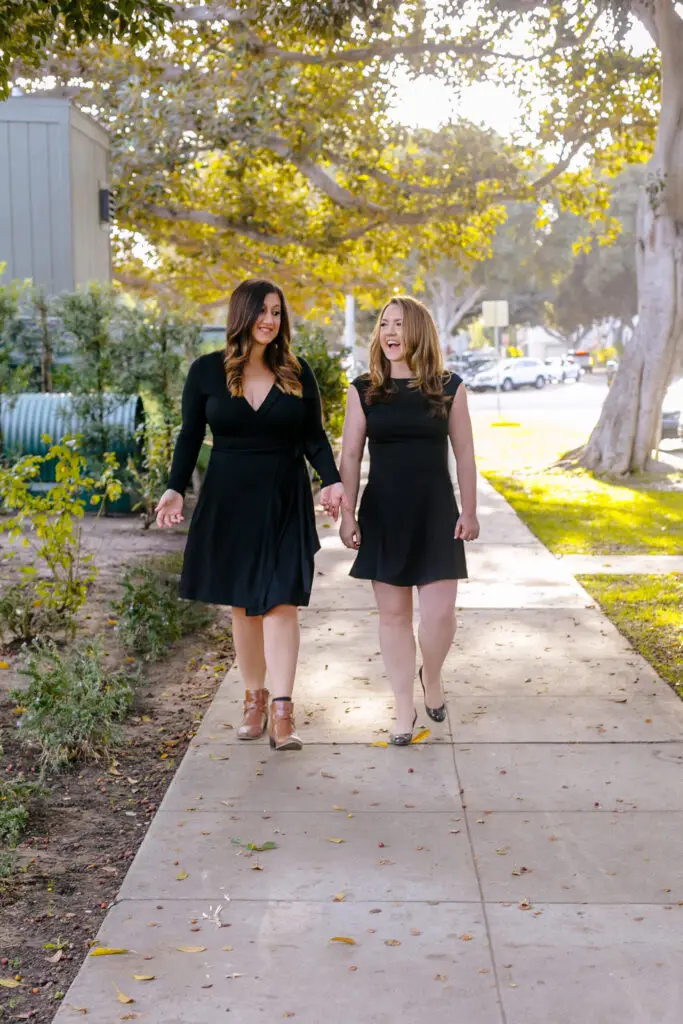STEPHANIE PITTS, M.ED, BCET & RACHEL KAPP, M.A., BCET
Stephanie Pitts: Game and tech guru, Stephanie Pitts grew up in Los Angeles and attended both public and private schools. Even though she went to USC, Rachel still loves and adores Steph. Steph’s dogs are EVERYTHING and you can follow their adventures at @andytucker_thedoxies on social media.
After teaching elementary school, Steph’s executive functioning skills were commandeered by a family with seven children. For 9 years, Steph made things happen for the kids and the family before moving on to educational therapy. She loves to travel, her dogs, and living by the beach.
You can learn more about Stephanie’s educational therapy practice at www.myedtherapist.com
Rachel Kapp: Rachel grew up in sunny Los Angeles, California. After having a wonderful public school experience in LAUSD–yes, it exists!–Rachel went on to attend UC Berkeley. She studied abroad in Rome, Italy, which allowed her to combine a love of art and travel with nightly gelato. She found educational therapy after teaching preschool for 7 years in Los Angeles and is obsessed with helping struggling learners thrive in school. Rachel loves the path of least resistance and her absolute favorite thing is to get things done quickly (Steph tolerates this passion). When she is not working you’ll find Rachel at spin or baking.
You can learn more about Rachel’s educational therapy practice at www.kappedtherapy.com.







